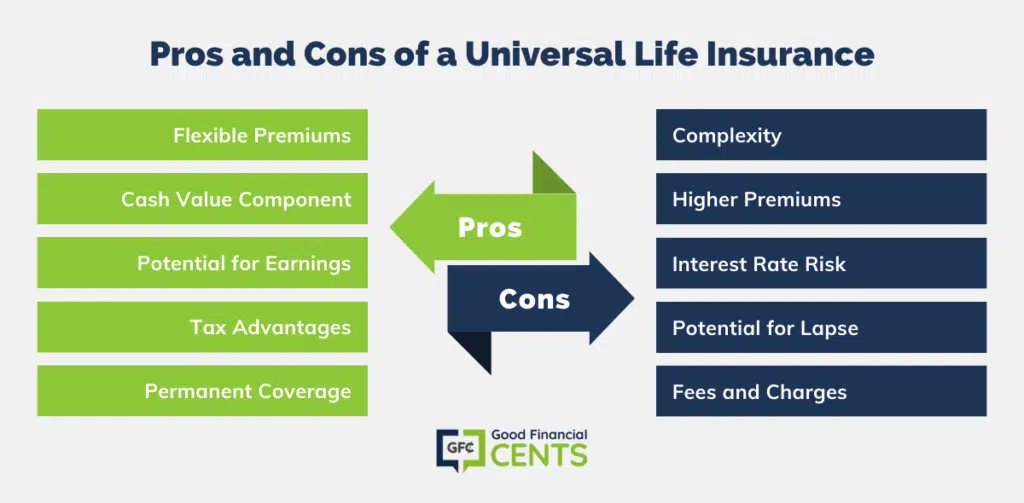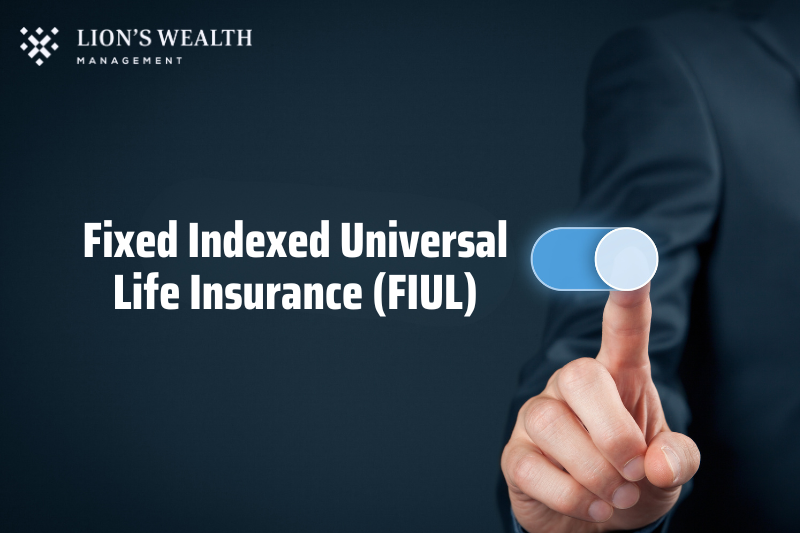All Categories
Featured
Table of Contents
1), usually in an effort to defeat their classification averages. This is a straw male argument, and one IUL individuals enjoy to make. Do they compare the IUL to something like the Vanguard Total Amount Stock Exchange Fund Admiral Show to no lots, a cost ratio (EMERGENCY ROOM) of 5 basis points, a turn over ratio of 4.3%, and an exceptional tax-efficient document of distributions? No, they contrast it to some awful proactively managed fund with an 8% tons, a 2% EMERGENCY ROOM, an 80% turnover ratio, and an awful document of temporary resources gain circulations.
Common funds typically make annual taxable distributions to fund owners, also when the value of their fund has actually dropped in worth. Common funds not just need earnings reporting (and the resulting yearly taxes) when the shared fund is rising in worth, however can also impose earnings taxes in a year when the fund has dropped in value.
That's not just how mutual funds work. You can tax-manage the fund, harvesting losses and gains in order to minimize taxable circulations to the investors, but that isn't somehow going to alter the reported return of the fund. Only Bernie Madoff types can do that. IULs prevent myriad tax obligation traps. The ownership of shared funds might require the shared fund owner to pay estimated taxes.

IULs are very easy to place to make sure that, at the proprietor's fatality, the beneficiary is exempt to either income or inheritance tax. The same tax reduction strategies do not work nearly also with shared funds. There are many, frequently pricey, tax traps related to the moment purchasing and marketing of common fund shares, catches that do not put on indexed life insurance policy.
Opportunities aren't really high that you're mosting likely to undergo the AMT as a result of your common fund distributions if you aren't without them. The remainder of this one is half-truths at ideal. While it is true that there is no income tax obligation due to your successors when they inherit the profits of your IUL policy, it is additionally true that there is no earnings tax due to your successors when they inherit a shared fund in a taxable account from you.
Top Iul Companies
The government inheritance tax exemption restriction is over $10 Million for a pair, and growing each year with inflation. It's a non-issue for the substantial bulk of physicians, a lot less the rest of America. There are far better means to stay clear of inheritance tax concerns than acquiring investments with reduced returns. Shared funds may cause revenue tax of Social Protection benefits.

The growth within the IUL is tax-deferred and may be taken as tax complimentary income through loans. The policy proprietor (vs. the common fund supervisor) is in control of his/her reportable revenue, therefore allowing them to lower or perhaps get rid of the taxation of their Social Safety and security benefits. This set is terrific.
Below's another minimal problem. It's true if you buy a shared fund for claim $10 per share prior to the circulation date, and it distributes a $0.50 distribution, you are then mosting likely to owe tax obligations (possibly 7-10 cents per share) although that you have not yet had any gains.
In the end, it's truly concerning the after-tax return, not how much you pay in taxes. You are going to pay even more in taxes by utilizing a taxed account than if you get life insurance coverage. You're additionally probably going to have even more money after paying those taxes. The record-keeping needs for owning common funds are considerably a lot more intricate.
With an IUL, one's records are maintained by the insurance coverage company, copies of annual declarations are sent by mail to the owner, and distributions (if any kind of) are completed and reported at year end. This one is additionally type of silly. Certainly you should maintain your tax obligation records in instance of an audit.
Iul Insurance Quotes
Rarely a reason to buy life insurance coverage. Mutual funds are commonly part of a decedent's probated estate.
Additionally, they are subject to the delays and expenses of probate. The earnings of the IUL policy, on the other hand, is constantly a non-probate distribution that passes beyond probate directly to one's called beneficiaries, and is therefore not subject to one's posthumous lenders, unwanted public disclosure, or similar delays and prices.
We covered this set under # 7, however just to wrap up, if you have a taxable mutual fund account, you should put it in a revocable trust (or perhaps easier, utilize the Transfer on Fatality classification) to avoid probate. Medicaid disqualification and lifetime revenue. An IUL can provide their owners with a stream of income for their entire life time, despite for how long they live.

This is useful when organizing one's events, and transforming properties to income before a nursing home arrest. Common funds can not be converted in a comparable manner, and are nearly constantly thought about countable Medicaid properties. This is an additional silly one promoting that poor people (you understand, the ones that need Medicaid, a federal government program for the bad, to spend for their assisted living facility) ought to make use of IUL rather of mutual funds.
Equity In Life Insurance
And life insurance policy looks awful when contrasted relatively against a pension. Second, individuals that have cash to get IUL over and past their pension are mosting likely to need to be horrible at managing money in order to ever before receive Medicaid to pay for their assisted living home costs.
Persistent and incurable ailment rider. All policies will certainly allow an owner's very easy accessibility to cash from their plan, frequently waiving any type of abandonment charges when such individuals experience a major ailment, need at-home treatment, or come to be confined to a retirement home. Shared funds do not supply a comparable waiver when contingent deferred sales charges still apply to a mutual fund account whose proprietor needs to offer some shares to fund the prices of such a remain.
Universal Vs Term Life
Yet you obtain to pay even more for that benefit (cyclist) with an insurance coverage plan. What a large amount! Indexed universal life insurance provides fatality advantages to the recipients of the IUL owners, and neither the owner nor the beneficiary can ever before shed money due to a down market. Common funds offer no such guarantees or death benefits of any kind.
Currently, ask on your own, do you in fact require or want a death advantage? I definitely don't require one after I get to monetary independence. Do I desire one? I mean if it were economical enough. Naturally, it isn't cheap. Usually, a purchaser of life insurance policy pays for truth expense of the life insurance policy advantage, plus the expenses of the plan, plus the profits of the insurance firm.
Index Universal Life Insurance Calculator
I'm not entirely sure why Mr. Morais threw in the entire "you can't shed cash" once more right here as it was covered fairly well in # 1. He just wished to repeat the finest marketing factor for these things I suppose. Once more, you do not lose small bucks, however you can shed actual dollars, in addition to face severe possibility cost due to reduced returns.

An indexed global life insurance policy proprietor may trade their policy for a completely various plan without activating revenue tax obligations. A common fund owner can not move funds from one common fund company to an additional without selling his shares at the previous (hence setting off a taxed event), and repurchasing new shares at the latter, commonly based on sales charges at both.
While it is real that you can trade one insurance plan for an additional, the factor that individuals do this is that the very first one is such a terrible policy that even after getting a new one and undergoing the early, adverse return years, you'll still come out ahead. If they were offered the ideal policy the first time, they shouldn't have any kind of need to ever before exchange it and go via the very early, negative return years again.
Table of Contents
Latest Posts
Index Linked Term Insurance
Fixed Universal Life
Max Funded Life Insurance
More
Latest Posts
Index Linked Term Insurance
Fixed Universal Life
Max Funded Life Insurance